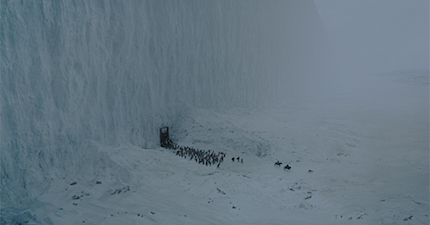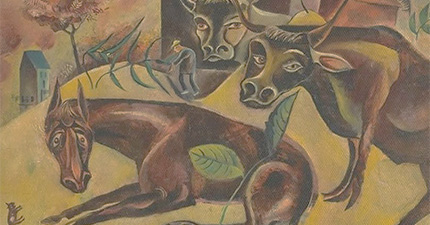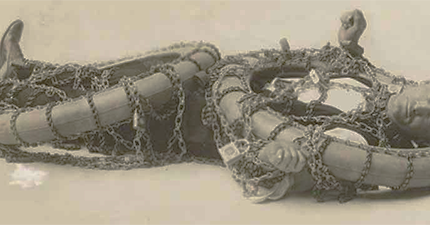In her essay Myth and Archetype in Science Fiction, Ursula le Guin asks the question “does our scientific understanding of the nature and behavior of the Sun explain (let alone explain away) Apollo’s remarkable sex life, or his role as the god of music and of the divine harmony?” and answers herself: “No, it has nothing whatever to do with all that; it has nothing to do with sex, or music, or harmony, or divinity; nor, as science, did it ever pretend to — only scientism made the claim. Apollo is not the Sun, and never was. The Sun, in fact, ‘is merely’ one of the names of Apollo.”
Astrology is not about making prophecies, though sometimes astrology does make prophecies. Science fiction is not about making prophecies, though sometimes science fiction does make prophecies.
In her essay, le Guin also makes the statement: “The presence of mythic material in a story does not mean that the mythmaking faculty is being used.” Le Guin calls the stories that model themselves on older myths and recycle characters from older heroes stories of theft. The reproduction of mythical aesthetics is not mythmaking but theft.
Astrology is a mythmaking practice. As a mythmaking practice, astrology is not done when astrological elements of materials are recirculated, when traditions are reinforced, or planets are evoked. Mythmaking is the power that storytelling has on life. As a mythmaking practice, astrology is being done when aesthetics shape materiality and when relationships change society. Astrology is being done when fiction shapes reality.
As mythmakers, astrologers don’t really know anything. Some of us have half hatched plots to change the world or burn it down. But astrologers are not really experts on astro-physics, on human relationships, on psychology, or on transformative justice. In the words of Octavia Butler, astrologers do not become astrologers by vision but become astrologers by habit. Astrology is a daily commitment to working with people.
In his essay How to Build a Universe That Doesn’t Fall Apart Two Days Later, Philip K. Dick wonders at the God he finds in Plato’s Timaeus. This is a God that finds a chaotic world and orders it until it becomes real. In this universe, reality is an illusion that is transmuted from chaos. Contradicting this definition of reality, Dick tells us that when a student asked him to define reality for her, that he answered, “Reality is that which, when you stop believing in it, doesn’t go away.” Later in this essay, Dick writes that he discovered a text named The Unreal God and the Aspects of His Nonexistent Universe, upon which he realized that he had been writing about nonexistent universes for twenty-five years.
There are as many universals as universes. “There is nothing new under the Sun but there are other suns.”
Dick ends his essay with an astonishing discovery. He finds himself stumbling, in his real life—his lived experience—into a fictional scenario that he had set up in one of his stories. The scene happens to him exactly as the character in his novel, Flow My Tears, the Policeman Said, experienced it. Moreover, it also happens that this scene in Dick’s novel also takes place in the Book of Acts in the Bible. Not only does Dick find himself replicating a fictional scene in his real life, he also meets another character from the same novel at a Christmas party after the story had been written.
This kind of thing happens all the time in astrology. Fiction becomes reality, which becomes fiction all over again, all the time in astrology.
Dick wonders the question that all astrologers have wondered. He wonders, “What could explain all this?” Dick’s only explanation is this: “It has to do with time. My theory is this: In some certain important sense, time is not real.”
Mythmaking is the interpretation of time, which is also something that is not real. Mythmakers, when interrupting time, transmute chaos into order and create things that do not disappear when you stop believing in it. Mythmakers are aware that the universes that myths construct are also nonexistent.
Astrology, like science fiction, is a negotiation of the imagination. Negotiating the imagination is a political project but it’s not just a political project—it’s also an erotic, spiritual, and material one.
Le Guin define the myth, after Jung, as a “living element” and “symbolic constellation” that exists in her “own psyche” and writes that it is her job to communicate her universes into other universes. She writes that the symbol should be distinguished between its signs and symptoms. The symbol is a way of perceiving things—not the things that are perceived. The myth is an imagination that is negotiated and shared between people.
The purpose of astrology is to share the sky. The sharing of the sky is also the sharing of land and water. Astrology inhabits this purpose with science fiction. Both live in the negotiated—sometimes compromised—and always shared imagination.
1 of 213
>>>


